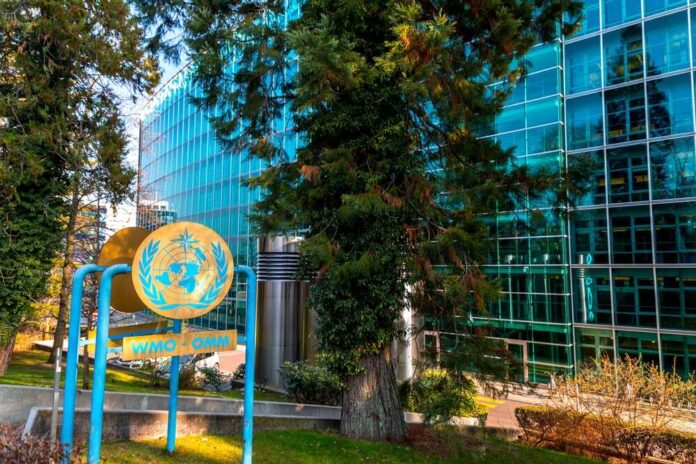
Global warming seriously threatens humankind, says the World Meteorological Organization (WMO). According to the data, 2023 was the hottest year ever recorded and shattered every other climatic indicator. Compared to the pre-industrial average (1850–1900), the world’s average near-surface air temperature for the year was 2.61°F, or 1.45°C higher. Nine of the most recent years have been the hottest on record. (A quick increase in temperature from 2022 to 2023 was caused by the transition to ‘El Niño’ conditions in the middle of 2023.)
Greenhouse gases have been released into the atmosphere for more than 250 years due to burning fossil fuels, which has caused extreme weather events, ecosystems to suffer, and rising sea levels. Scientists and researchers claim the only way out of this mess is for people to quit using fossil fuels. The world’s temperature will keep growing unless we take action, endangering billions of people and making their lives more difficult, unpredictable, and costly.
Sea levels increasing due to thermal expansion and the acceleration of ice sheet melting are two of the many negative consequences of warmer oceans. Coral, which is ‘bleached’ white by rising ocean temperatures, is one of the ocean species in danger. Marine life faces increasing challenges due to acidity caused by CO2 dissolving in the water. Since 1960, the average temperature of the world’s seas has been rising, and scientists predict that this trend will likely persist.
The average annual rise in global mean sea levels increased from 0.08 inches between 1993 and 2002 to 0.18 inches between 2014 and 2023, reaching a new high in 2023. A tenth of the world’s population might be uprooted by this disastrous long-term development, which has a slim possibility of reaching a two-meter increase by 2100.
Wildfires, tropical cyclones, droughts, and floods are all connected to global warming and will persist. Countries like Somalia, Sudan, and Syria, which lack the resources to respond appropriately, will be hard hit by these.
Those currently struggling may find their situation worsened by climate change’s potential to amplify social and economic disparities. Our continued participation in climate initiatives and increased reliance on renewable energy sources give us reason to be optimistic about the prospect of a more equitable and secure future.














